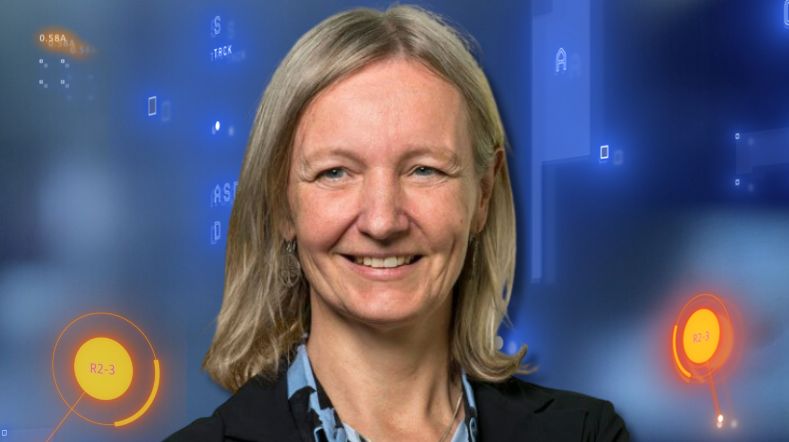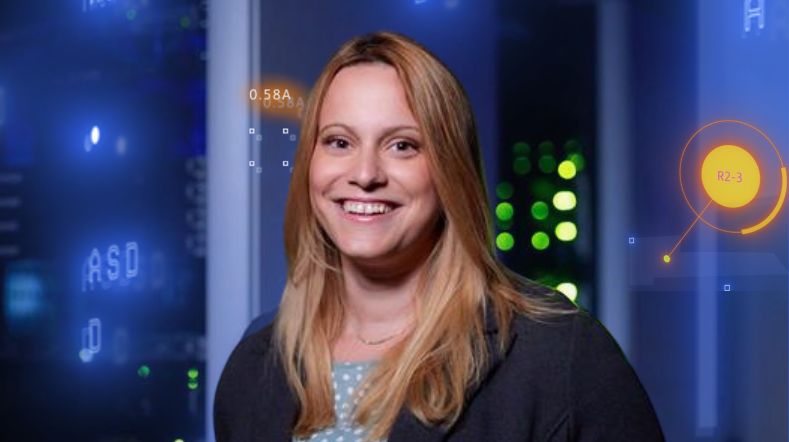TNO joins Ploutos on the mission to make the agrifood system more sustainable
The H2020 Ploutos project will affirm TNO’s position as an integrated expert and orchestrator in the international agrifood sector. “Integrated” points to TNO’s unique position to address the fundamental trinity of impactful innovations: value creating collaborative business models, with adoption of new behaviours, supported by trustworthy information systems.
The focus is always on mutual value (e.g. a CO2 reducing measure can be a cost saving for one and an increase in wellbeing for another). In Ploutos, TNO is the leader of a workpackage on collaborative business models, and has a significant role in the workpackages on data-driven innovation and behaviour innovation.
About Ploutos
Ploutos project kicked off end of October and will pave the way for a more sustainable European agri-food value chain! Ploutos aims to create opportunities for changes that can rebalance the value chain in the agri-food system towards a more environmentally, socially and economically sustainable system. Until recently approaches to the agri-food system focused on narrow segments of the overall value chain.
Ploutos will take a systems-based approach looking at the overall impact of changes at any point in the value chain, thereby enabling a more comprehensive and in depth understanding. To achieve that Ploutos will use the Sustainable Innovative Framework!

Sustainable Innovation Framework
Ploutos Sustainable Innovation Framework is powered by the combination of behaviour innovation, collaborative business model innovation and data driven technological services. For inspiring behavioural innovation, Ploutos will build on the understanding that real change towards increased sustainability performance and cooperation in the agri-food chain, requires going beyond technology-focused innovations.
For the collaborative business model innovation Ploutos will develop a reusable approach to guide the design, assessment, commitment and effectuation of business models that address the complex requirements of re-balancing the agri-food ecosystem. Finally, for the technological services Ploutos will focus on reusing and extending technologies which make the new business models possible and enable greater and more effective flow of data to farmers (such as advisory services) and from farmers (producing data services).
The framework is supported by a vibrant ecosystem and follows up a multi actor approach with partners’ representatives from the overall agri-food value chain. The mechanism for supporting the implementation of innovative approaches arising from these three dimensions of the Sustainable Innovation Framework will be the Ploutos Innovation Academy.
Ploutos Innovation Academy
In the framework of the project, a virtual academy under the name “Ploutos Innovation Academy”, will be created to provide stakeholders with a series of experiments and practices regarding the sustainability of the agri-food value chain. The abovementioned experiments and practices will be designed, implemented and assessed within the context of the eleven Sustainable Innovation Pilots of the project. The Academy will be the mechanism to co-design, support, present and promote all the innovations that will be implemented and its main role is to guarantee the maximum impact of these innovative practices.
Partners
Ploutos project consortium consists of partners that represent all the actors of the value chain, from farmers and farmers’ organizations, food industries and traders to NGOs, public authorities and public service providers. GAIA EPICHEIREIN, an innovative organization that born by the alliance of the agricultural sector, the banking sector and the technology sector in Greece, is the coordinator of the project. In total 33 partners from Greece, the Netherlands, Ireland, Spain, North Macedonia, Serbia, Cyprus, Slovenia, Italy and France are part of the project.
Get inspired
Digitalisation and sustainability: how AI can help


Time setter story: Kallol Das


Digital Product Passport


Time setter story: Annemieke Kips


Time setter story: Belma Turkovic


